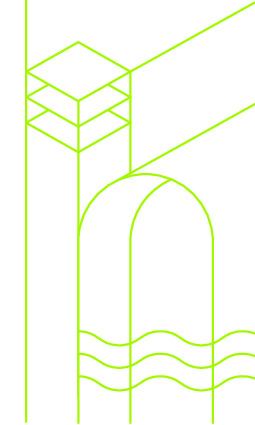|
|
|
| Module code: BIMA260 |
|
|
4VU (4 hours per week) |
|
6 |
| Semester: 2 |
| Mandatory course: no |
Language of instruction:
German |
Assessment:
Project work
[updated 28.09.2020]
|
BIMA260 (P110-0102) Civil and structural engineering, Master, ASPO 01.04.2012
, semester 2, optional course
BIMA260 (P110-0102) Civil and structural engineering, Master, ASPO 01.04.2015
, semester 2, optional course,
BIMA260 (P110-0102) Civil and structural engineering, Master, ASPO 01.10.2017
, semester 2, optional course,
BMA302 (P110-0163) Civil and structural engineering, Master, ASPO 01.04.2022
, semester 1, optional course,
|
60 class hours (= 45 clock hours) over a 15-week period.
The total student study time is 180 hours (equivalent to 6 ECTS credits).
There are therefore 135 hours available for class preparation and follow-up work and exam preparation.
|
Recommended prerequisites (modules):
None.
|
Recommended as prerequisite for:
|
Module coordinator:
Prof. Dr.-Ing. Christian Lang |
Lecturer:
Prof. Dr.-Ing. Günter Schmidt-Gönner
[updated 02.11.2020]
|
Learning outcomes:
After successfully completing this module, students will:
_ be familiar with the theory of the FE method.
_ be able to calculate spatial structures on the PC.
_ be able to use FE method to solve practical building problems (also with regard to non-linear problems).
_ have practiced working scientifically.
[updated 28.09.2020]
|
Module content:
_ Theory of finite elements
_ Static systems and modeling spatial supporting structures (e.g. folding structures, shells)
_ Using an FE program
_ Controlling and evaluating calculation results
_ Calculating non-linear systems (for example: stability, large deformations, plasticity, ropes and cables)
[updated 28.09.2020]
|
Recommended or required reading:
Bathe, K.J.: Finite-Element-Methoden, Springer Verlag, Berlin, 1986
O. Zienkiewicz, Methode der finiten Elemente, Hanser Verlag 1984
Werkle, Horst: Finite Elemente in der Baustatik, Vieweg Verlag, 2007
[updated 28.09.2020]
|


